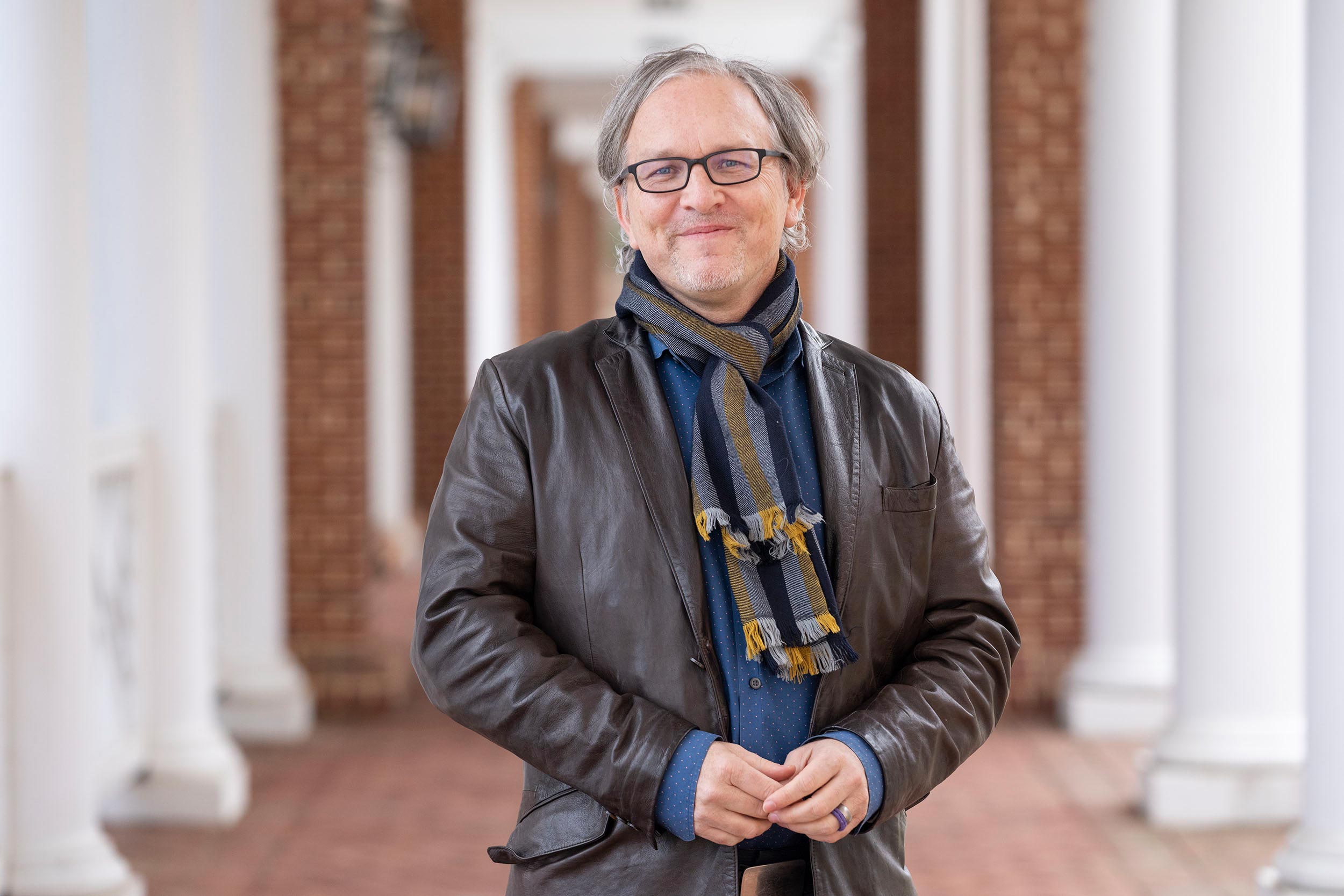Even at 13, Eric Tassone wasn’t your average baseball fan. Every week, he would retrieve a mailer with the current season data from his mailbox, then plug the numbers into a series of formulas, looking to determine for himself which teams were most likely to win.
“It was like the internet before the internet,” Tassone said.
He was using the closest thing to real-time data – and data science – that was available to him at the time.
Tassone joined the faculty of the University of Virginia’s School of Data Science last summer after a 12-year tenure as a data scientist at Google. Over the course of his time with the company, he led projects and teams working on Google’s search infrastructure, contributed to statistical software used for forecasting, and partnered with some of the company’s public policy and legal teams.
It took a while for Tassone to officially begin his career as a data scientist – he picked up a master’s degree in mathematics, a Ph.D. in biostatistics and even a law degree from the University of Virginia along the way – but his interest in the concept began with those baseball formulas, he said.
The equations he used were developed by Bill James, a renowned baseball analyst and the most visible figure in the game’s “sabermetrics” movement. For instance, James helped establish that batting average, long a dominant measuring stick for baseball performance, was not actually as associated with winning games as other metrics James would help popularize.
“He took conventional wisdom and he reframed it,” Tassone explained. Using new formulas, “he was able to better tailor existing data to answer the right question.”
Tassone calls that approach “putting the question before the methods,” and it’s been a theme throughout his career.
At Google, he collaborated with all kinds of experts, from software engineers to product managers. “When I try to explain to people what it’s like to practice data science, I often say that it’s tackling a quantitative question embedded in an engineering question embedded in a business question,” he said.
The fact that their field intersects with so many others means that data scientists need to keep the real world in focus, he added. It’s easy to fall in love with the prospect of designing the perfect algorithm or metric. But if – like batting averages – what you design doesn’t account for context or accurately address the question at hand, it won’t be helpful.
“It’s not necessarily about having the most efficient algorithm,” Tassone said. “It’s about the creativity and the entrepreneurial spirit that people bring to solving problems.”
In his new role, Tassone will help develop and lead the Collaboratory for Applied Data Science in Business, a partnership between the School of Data Science and the Darden School that began in October.











